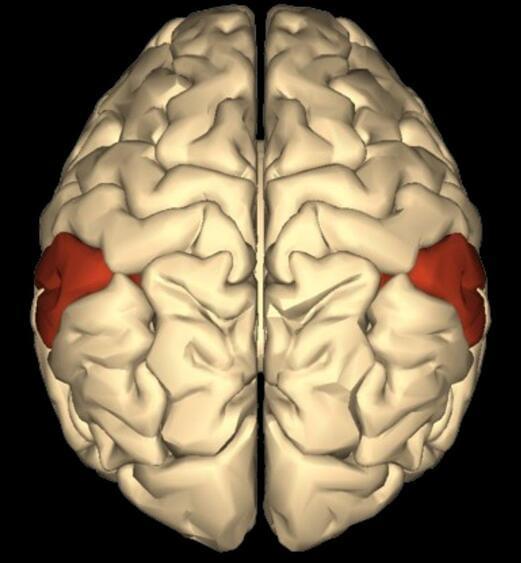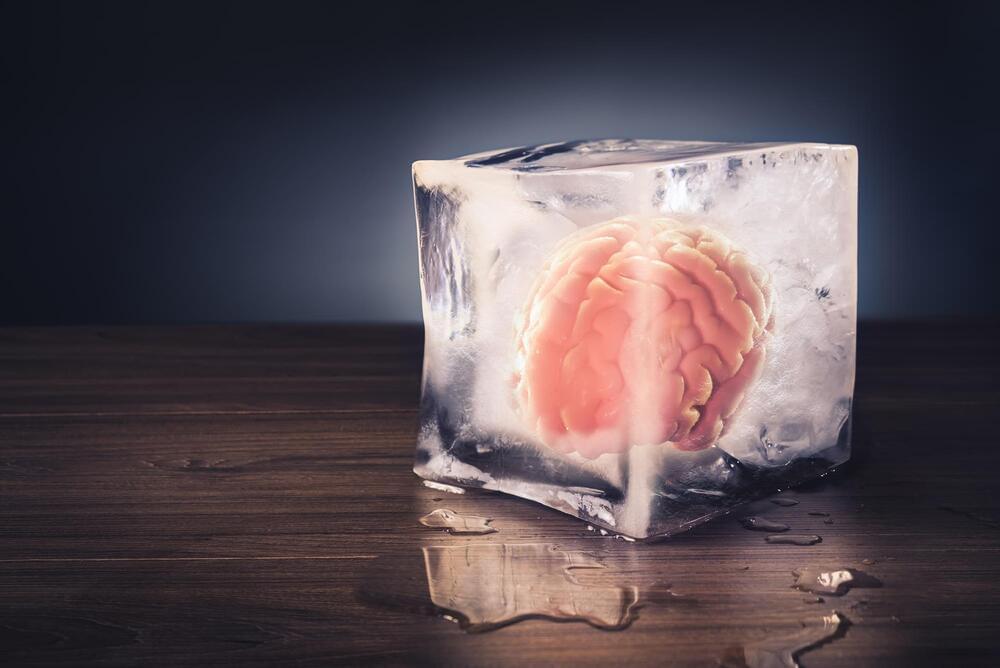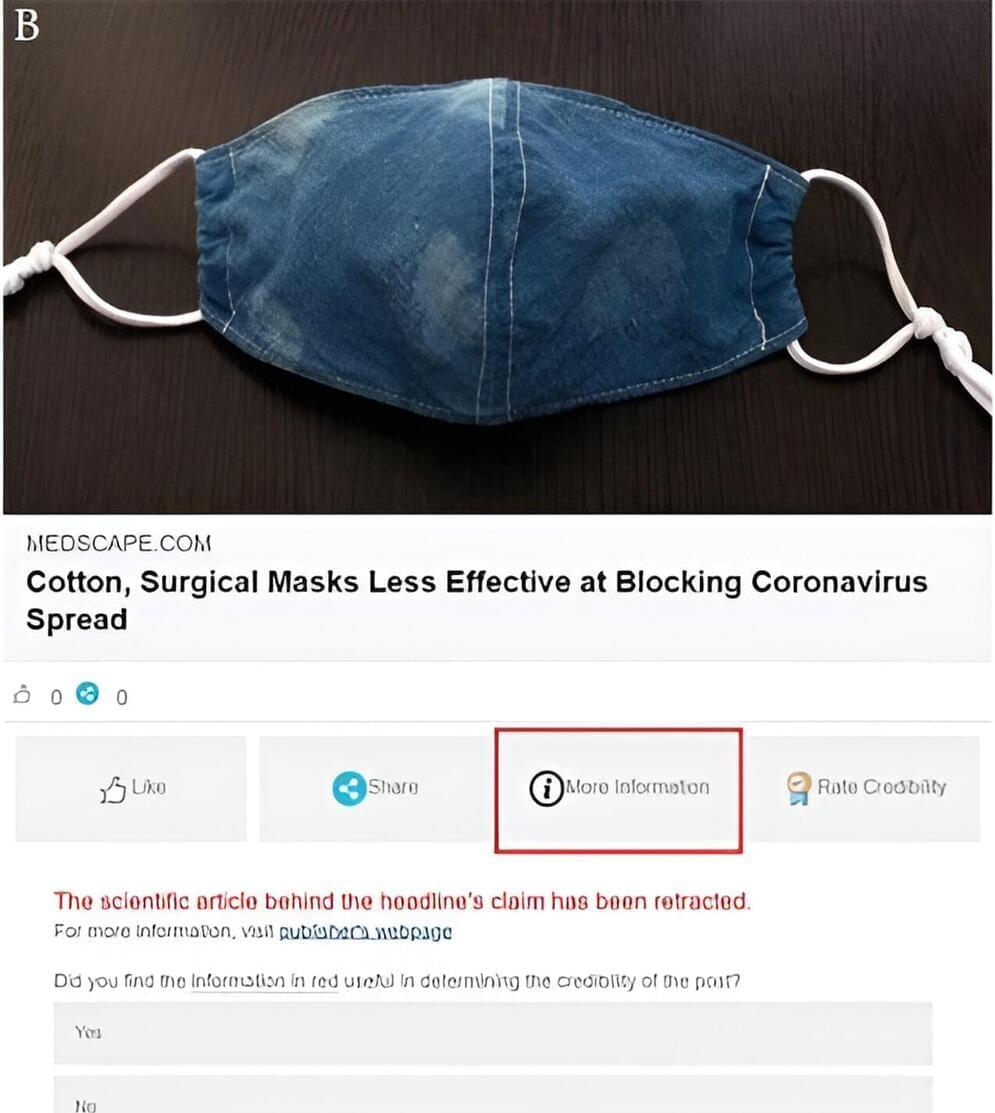In the vast and ever-evolving landscape of technology, neuromorphic computing emerges as a groundbreaking frontier, reminiscent of uncharted territories awaiting exploration. This novel approach to computation, inspired by the intricate workings of the human brain, offers a path to traverse the complex terrains of artificial intelligence (AI) and advanced data processing with unprecedented efficiency and agility.
Neuromorphic computing, at its core, is an endeavor to mirror the human brain’s architecture and functionality within the realm of computer engineering. It represents a significant shift from traditional computing methods, charting a course towards a future where machines not only compute but also learn and adapt in ways that are strikingly similar to the human brain. This technology deploys artificial neurons and synapses, creating networks that process information in a manner akin to our cognitive processes. The ultimate objective is to develop systems capable of sophisticated tasks, with the agility and energy efficiency that our brain exemplifies.
The genesis of neuromorphic computing can be traced back to the late 20th century, rooted in the pioneering work of researchers who sought to bridge the gap between biological brain functions and electronic computing. The concept gained momentum in the 1980s, driven by the vision of Carver Mead, a physicist who proposed the use of analog circuits to mimic neural processes. Since then, the field has evolved, fueled by advancements in neuroscience and technology, growing from a theoretical concept to a tangible reality with vast potential.








